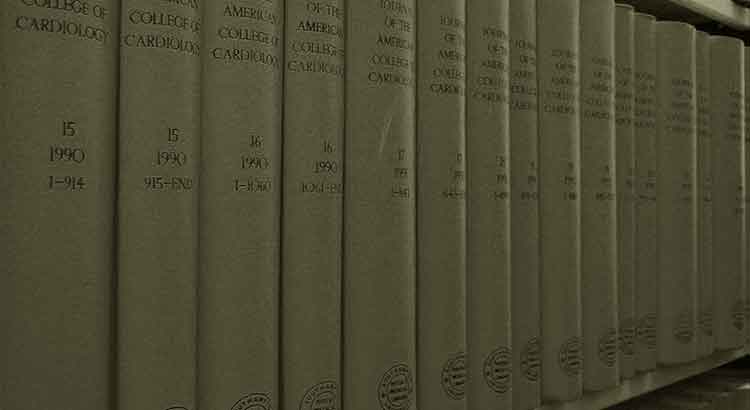Just as Machado’s irony, badly imitated—and so imitated—is irritating, so is this simulated lightness in poetry, this simplicity that pretends to be profound, this delicacy that, when it is not the authentic expression of a temperament, is annoying. In short: Drummond and Bandeira. Perhaps the greatest curse of success is its offspring, that is, the imitators. How embarrassing is the technique when exposed without the original varnish! And to see all these cheap copies proliferating, making ridiculous the very creativity that engendered it… Directly, it is true, the originals are not tarnished; however, it is difficult to say that any artist would rejoice in forgeries. There remain antidotes, and none seems more potent than inserting absurd, repulsive eccentricities into one’s own art, which no imitator will have the courage to appropriate.
Tag: literature
Marriage Is the Death of Lyric-Love Poetry
Verses by Byron:
There’s doubtless something in domestic doings
Which forms, in fact, true Love’s antithesis;
Romances paint at full length people’s wooings,
But only give a bust of marriages;
For no one cares for matrimonial cooings,
There’s nothing wrong in a connubial kiss:
Think you, if Laura had been Petrarch’s wife,
He would have written sonnets all his life?
There are truths that are too unpleasant and deservedly avoided. There is no denying it: marriage is the death of lyric-love poetry. Or, rather, it ends the latter the instant the desire is consummated. To exist, it is necessary that the poet regrets not having what he covets, that is, it is necessary that something hinders the realization of his fantasy. The verses will sprout only as long as the idealized object is unavailable, and therefore allows itself to be painted with extraordinary form, something that will never occur if it proves to be a real entity. And here we go: Petrarch’s love gave birth to verses because it was unrequited,—an obvious conclusion that needs no biographical support,—as it occurred and occurs with all his peers. Whatever one may say, this is the truth: the poet capable of fulfilling his own will will hardly ever make “love” verses.
Demons Became a Masterpiece…
It would be interesting to analyze how Demons became a masterpiece despite being conceived by Dostoevsky for ostensibly pamphleteering purposes. It is a real feat that this has happened, since the most likely destination of a work motivated in this way is the trash can. It is impressive not only Dostoevsky’s ability to give scope to the episode, but also the sense of urgency and importance only possible in a true visionary. The work, therefore, ended up being strengthened by the same qualities that ordinarily foul it up. More than a real, complex, original and profound plot, it came out as a denouncement and a prophecy, being equally valuable to philosophers, psychologists and historians. Very few are the works of which one can say the same.
It Seems Certain That, One Day, Brazil Will Make…
It seems certain that, one day, Brazil will make the Brazilian language official, since time inevitably particularizes the language spoken in different lands, making idiomatic unity increasingly difficult. There are, in this, many plausible reasons and many mistakes. The first of these is the assumption that a language must have a “unity”, that is, it must be spoken in the same way unanimously. It is laughable to think that, if such a Brazilian language becomes official, it will not be susceptible to the same regional variations and the same evolutionary processes that all widely spoken languages have undergone and will undergo. One has to be very ignorant to suppose that some pens will guide the language spoken in the streets, when it is this that, ultimately, guides the grammars. Stupid measures like this latest orthographic agreement only make it more evident. On the other hand, it is understandable and even natural that a nation long for an authentic expression. But one must be very careful to distinguish to what extent this authenticity represents a necessary evolution, rather than a sudden break with the roots that allowed it to evolve.



